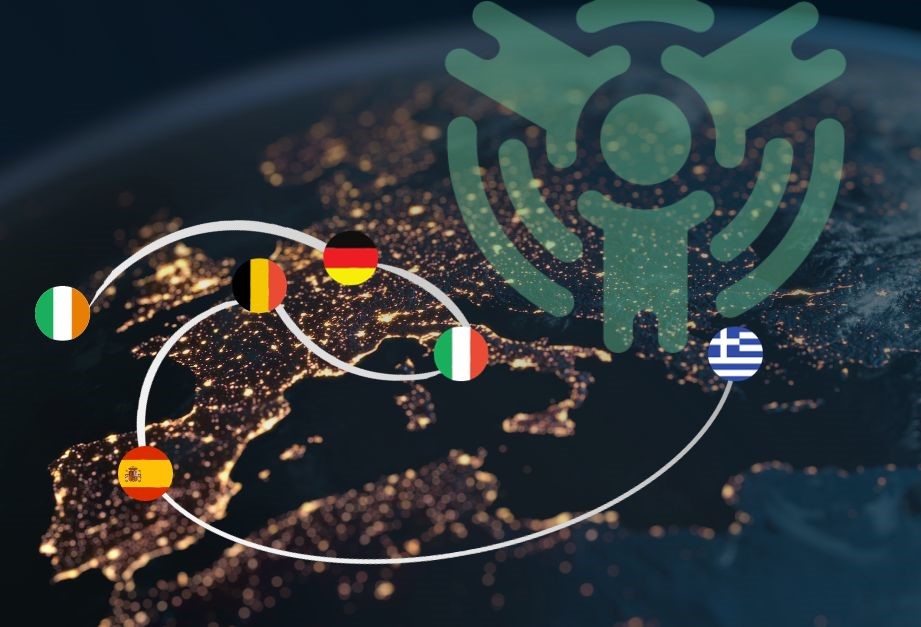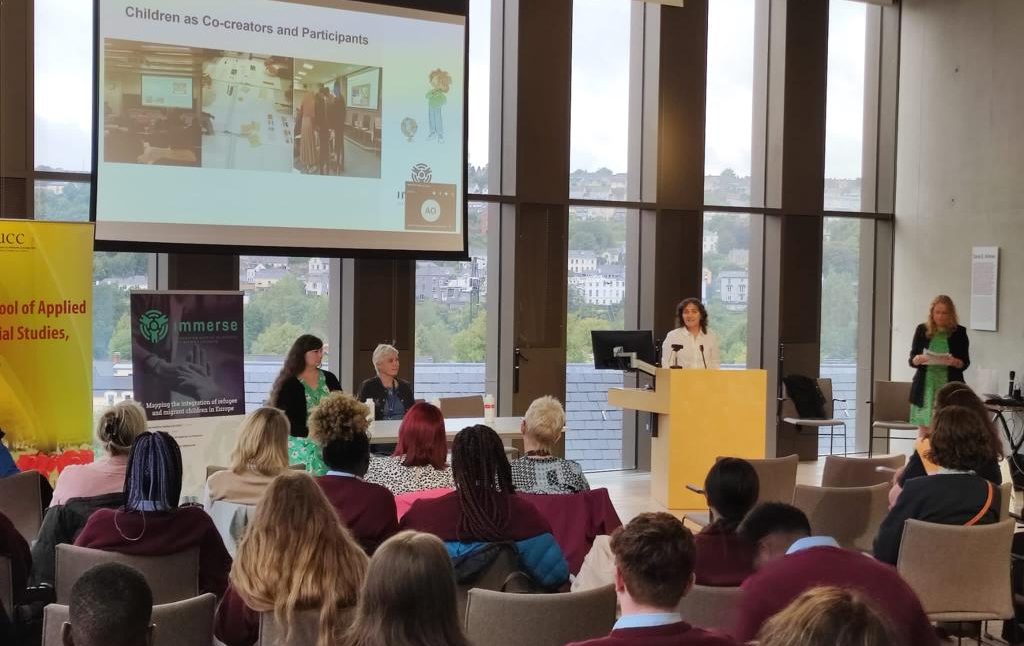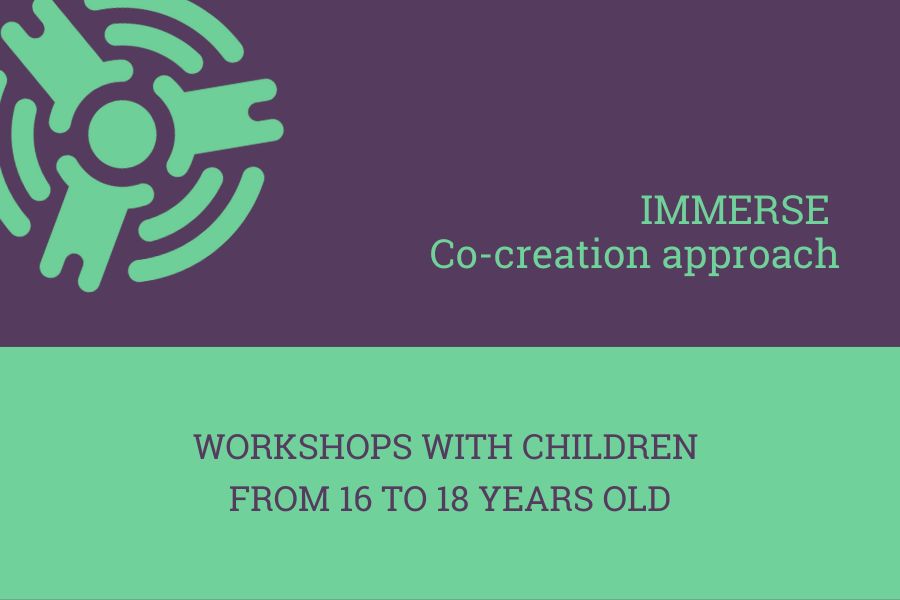Description
As many unaccompanied minors have been increasingly arriving to Spain, the Prollema project aims to offer language and teaching training to those young migrants who are suffering critical situations such as homelessness, unemployment and lack of access to educational opportunities. The project helps these young people prepare to become language teachers of their mother tongue after they finish the training in order to help them access the labour market. The project first started in 2015 and is still being implemented. Each year, four unaccompanied young migrants aged 17 to 21 who are experiencing critical situations, arrive in Barcelona and take part to a training on teaching skills and a practical workshop. Finally, they join an internship as language teachers for six months. The main objectives are to empower participants and give them a chance to develop their professional skills, fostering their participation in educational and sociocultural settings. The project is funded by governmental funds (Barcelona City Council), Foundations (Biciclot, ASJTET, CAL, La Tinta, fepa, Nau Bostik, Programa UPC Reutilitza, Colectic and Minyons Escoltes i Guies de Catalunya) and fees that students pay to learn the language.
- Children maintain their cultural identity while adopting new cultural values and intercultural competences
- Children remain in (formal) education beyond compulsory levels / Access to (formal) non-compulsory education
- Children's academic skills
- Children's competence in host language
- Children's life satisfaction / happiness
- Children's sense of belonging
- Friends and peers (support)
Evaluation ex post
The evaluation is conducted at different levels: the participants, the volunteers and the pupils of the participants. The quantitative results show that 81,6% of participants have ended up teaching their mother tongue and getting paid, 41 pupils have taken these classes (28,6% of the expected amount). The web (see link below) shows the comparison between the different editions of the program. The qualitative results compare degree of satisfaction, usefulness and learning between the different editions (see web for the comparison). Also see attached doc "6. Prollema results all editions".
https://prollema.org/#impacte
Projects’ deliverables
Te project site provides a short briefing on the project structure (available only in Catalan)
Reproducibility
The only reproducibility document available briefly describes the project phases (see link below). Please visit the link on the "additional comments" section. They are currently developing a reproducibility document.
https://prollema.files.wordpress.com/2015/08/distribucic3b3-fases-sessions-intro3colors.png
Motivation for the submission
The main motivation for the submission of this project is the social inclusion it achieves at different levels (sociocultural, relational, and professional) as well as the empowerment it achieves and the sense of belonging that is developed through the participation not only as students, but also as teachers



